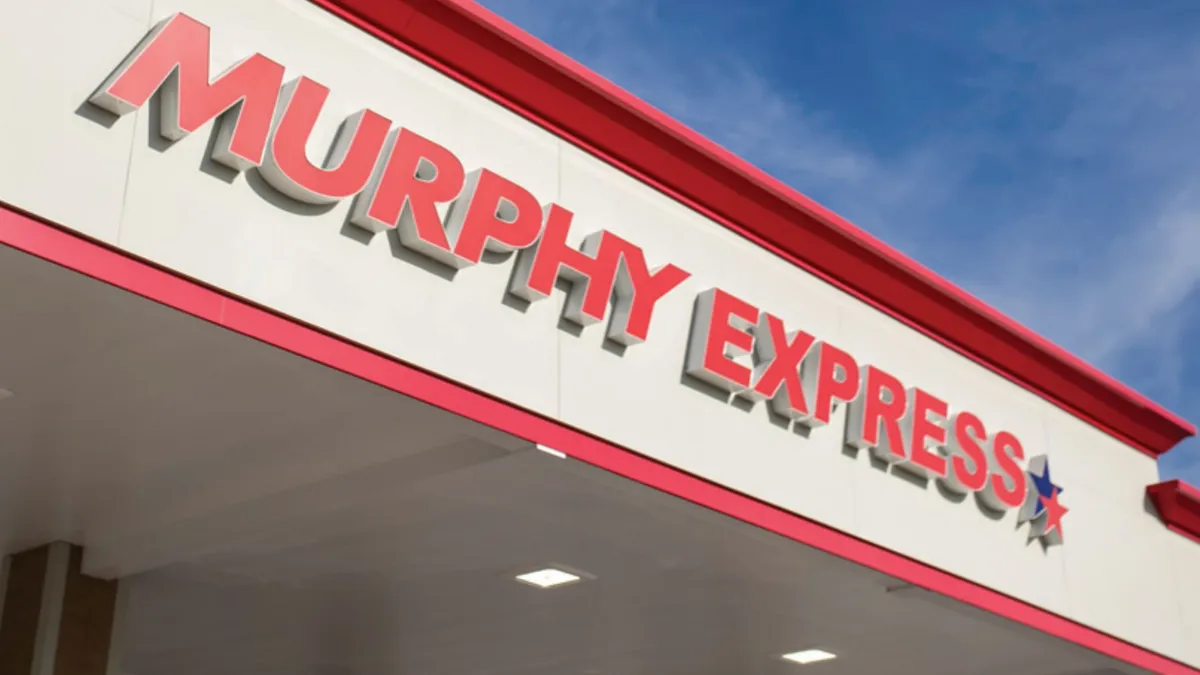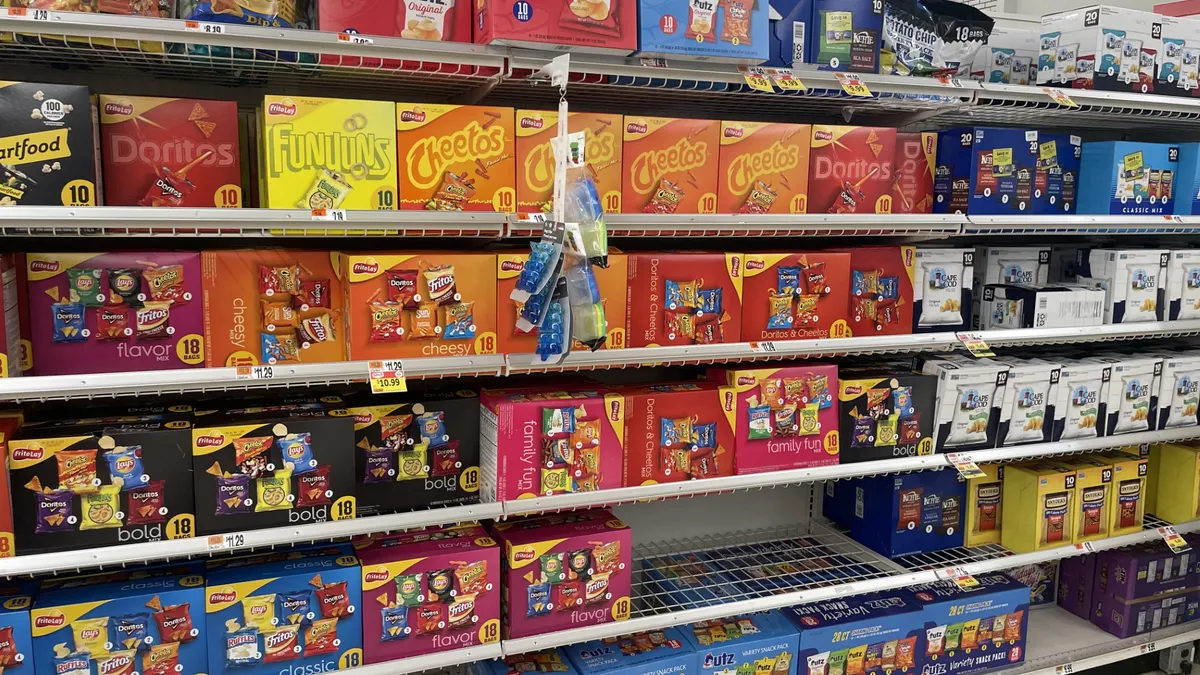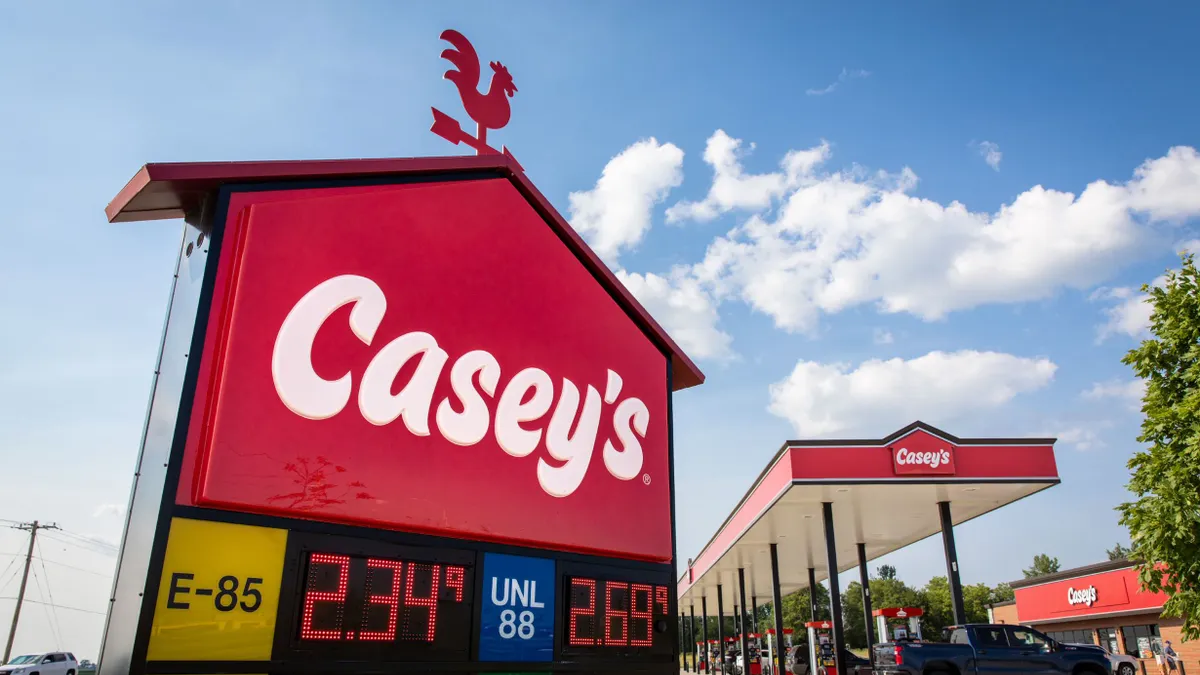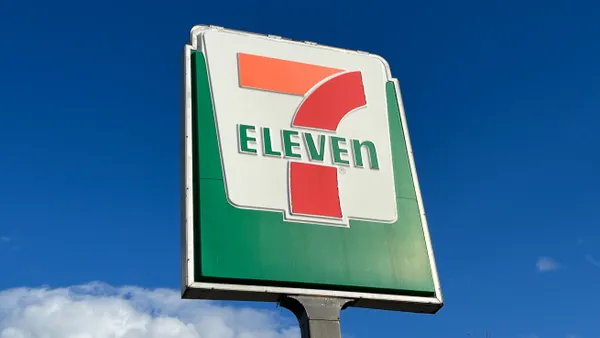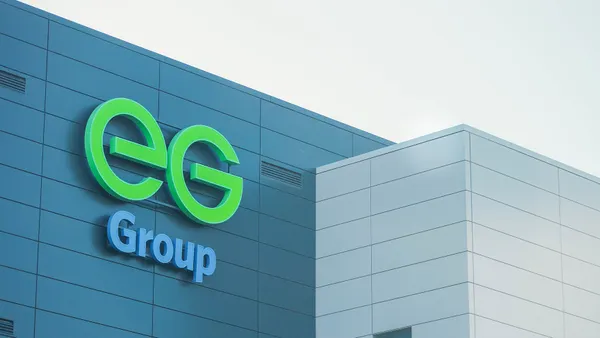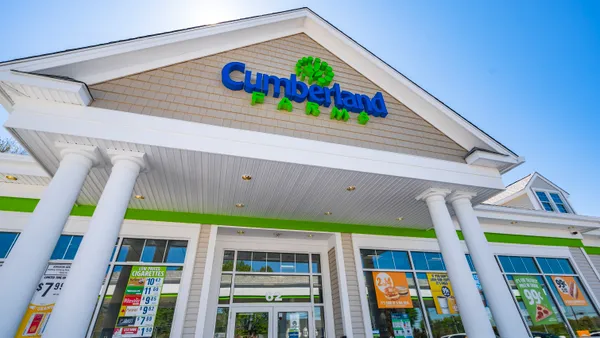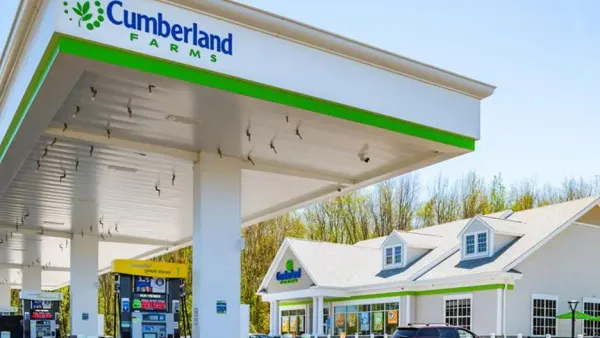Andrew Clyde remembers how Murphy USA did its demand forecasting back when he joined the convenience retailer in 1993.
Like most tracking processes, it was done via pencil and paper, with employees manually documenting the products that were sold and what went to waste.
“There were some heuristics that went into it, but it was pretty simple,” Clyde, president and CEO of Murphy USA, said during the convenience retailer’s presentation at Raymond James’ investor conference on Monday.
More than thirty years later, times have changed, and so have Murphy USA’s demand forecasting capabilities. The company now uses a “super advanced demand forecast” that takes weather patterns, holidays and other events into account, Clyde said.
This tech-driven model has not only helped Murphy USA boost its profitability, but has also helped the company optimize its labor planning — the “single biggest cost for convenience stores,” Clyde noted.
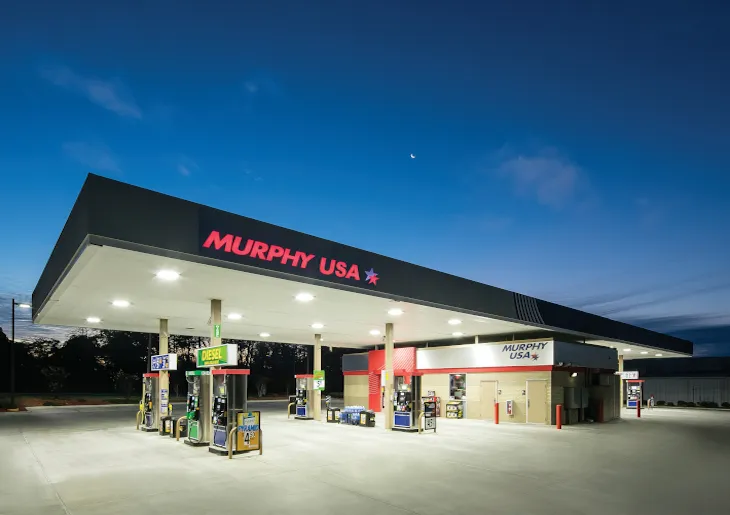
But Murphy USA isn’t ending its tech initiatives there. Clyde shared that Murphy is in the “early pilot stages” of various machine learning and artificial intelligence programs to help personalize its customer experience and improve upsell suggestions.
Trials for these programs have helped Murphy understand how certain groups of customers want to communicate with its brand, what products they’re looking for, when they shop, daypart shifts and more.
And Clyde sees even more room for AI within the company beyond these platforms.
“When we've looked across where generative AI can play a role in our business, we actually find there's a lot of activities like transaction processing, exception reporting, etc., that can be more highly automated than they are today,” Clyde said. “So we've got real practical use cases that can have an impact and create scale.”
New tech for new stores
Murphy’s experiments with new technologies are a piece of the company’s larger puzzle, which is built around growing and remodeling its stores and boosting its in-store experience.
A notable goal of those plans is to build 500 new convenience stores by 2033, or 50 new stores per year, which Murphy announced last February. The El Dorado, Arkansas-based company currently operates more than 1,700 c-stores in 27 states, including 1,577 Murphy USA and Murphy Express locations and 156 QuickChek stores.
However, these plans have gotten off to a slower start than expected. Murphy only added 28 new stores to its network in 2023, which was a disappointment in the company’s eyes, Clyde said during Murphy’s recent earnings call as well as in the Raymond James presentation.
“Performance hasn’t been a challenge, but getting new stores [is],” Clyde said during Monday’s presentation, noting permitting and utility difficulties as reasons for the delayed openings.
Beyond building new stores, Murphy also piloted remodels at several locations last year, tweaking things like its grab-and-go counters and queue designs.
Clyde noted that these redesigns are continuing and that Murphy expects to roll out 50 of these revamped locations in 2024. New updates will also include increased selling space in stores, which can improve safety and shrink, he said.
“It's already accelerating our already strong returns,” Clyde said.



